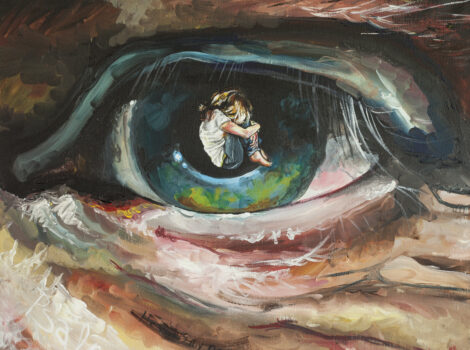
A close reader of illness
“In examining disease, we gain wisdom about anatomy and physiology and biology. In examining the person with disease, we gain wisdom about life.” – Oliver Sacks
Medicine has grown significantly in its ability to diagnose and treat biological disease. Doctors can be proud of their ability to eliminate once fatal infections, prevent heart attacks and transplant failing organs. Innovations based on information, technology, clinical practice guidelines, electronic medical records, and large-scale population science, will bring medicine into a new biological revolution. However, scientifically competent medicine alone cannot help a patient grapple with the loss of health and find meaning in illness and dying.
Narratives
Along with their growing scientific expertise, doctors need expertise in to listen to their patients; understanding as best as they can the ordeals of illness, honouring the meaning of their patients’ illness narratives and being moved by what they behold so that they can act on their patients’ behalf. (Charon, 2004)
A close reader of Illness
Anatole Broyard, the former famous literary critic of the New York Times Book Review, wrote in his article “Doctor Talk to me”: ‘I want a doctor who is a close reader of illness and a good critic of medicine.(…) My ideal doctor would ”read” my poetry, my literature. He would see that my sickness has purified me, weakening my worst parts and strengthening the best.’
Patients need to be encouraged to share their stories since their own interpretations of their health conditions are legitimate and important. Only in the telling is the suffering made evident (Charon, 2004). By legitimizing patients’ personal narratives about their health, providers can validate the worth of individual patients, encourage them to participate in their own care, establish good working relationships with them, and learn a great deal about physical and symbolic health conditions (Pennebaker, 2000).
Listening
‘Diagnosing and treating disease’ is a different endeavor than ‘diagnosing and treating illness experiences’. I believe both is needed. Medicine can cure disease and prevent suffering, but there are other forms of suffering in the illness story. People need to be seen, to be understood and to be connected. Truly listening to patient narratives will let the care provider restore the central role of the patient’s own story in the healing process.




